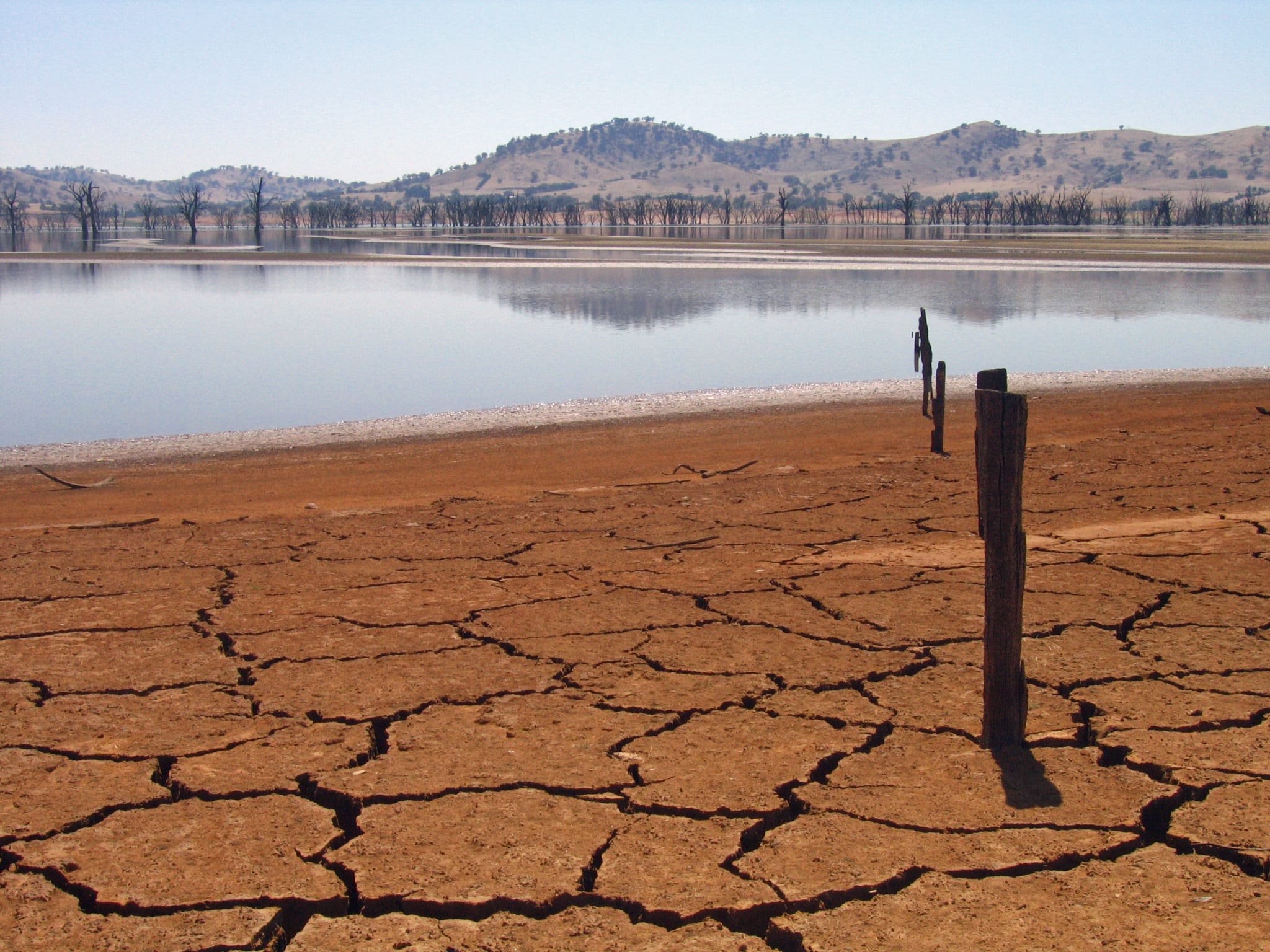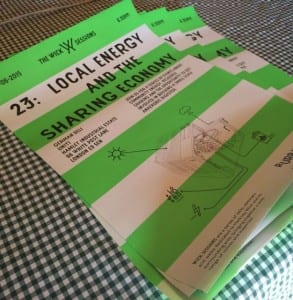The Paris Agreement lacks focus on water
By zcfad21, on 15 December 2015
 The world is celebrating the adoption of the Paris Agreement, but the role of water under a changing climate is still sidelined: Time to ride the momentum.
The world is celebrating the adoption of the Paris Agreement, but the role of water under a changing climate is still sidelined: Time to ride the momentum.
One of the biggest highlights for the water community of 2015 was the adoption of a standalone Sustainable Development Goal on water and sanitation (SDG 6) on 25th September. The celebrations were high but not long after did the water community’s hangover commence: the first draft negotiating text for the 21st United Nations Conference of Parties (COP21) was released late October, 2015 and made no explicit mention to water resources in the upcoming climate change negotiations. As COP21 got underway, several revised versions of the proposed Paris Agreement were made available throughout the two-week negotiation marathon, but all failed to make a single reference to water. Not surprisingly, the final adopted text was no different. (more…)
 Close
Close




